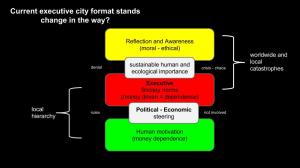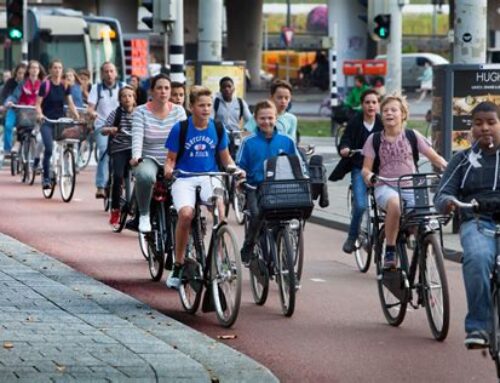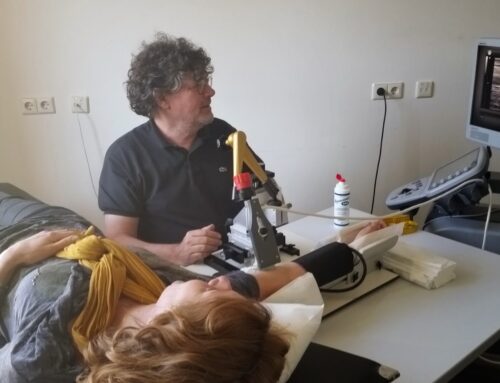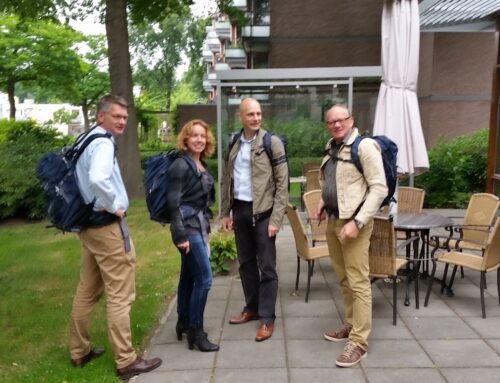This year I was invited to the Smart City Expo in Barcelona as one of the 440 speakers. Various media channels had contacted me to meet and talk about this strange word and concept “Sustainocracy”. After finishing off our first phase in Eindhoven of level 4 regional development and our first price in the Vinci Innovation Awards for Europe it became of interest to globalize views. After all the growing instability in the world was crying out for new views and Sustainocracy does provide answers to most issues. The problem is not just to understand that we have a choice, it is the powerful old reality that caused all the problems that is doing its best to remain in control at all cost. This reality is one that has captured us all. When I arrived at Barcelona I wondered what I would find and how my speech would be received? “You are the only speaker in the entire expo who addressed the core values of human life” people exclaimed after hearing me speak. Media representatives reacted positively as my message was enlarged through camera interviews and personal chats. But then they react positively to anyone sharing a talk. Key is to see what happens between now and the next few month. The seed of awareness will land only in fertile grounds of the mind and come to blossom when sustainocratic initiatives find space and support to develop. This is unpredictable and time will provide us with the surprises. I had nothing to sell, a lot to say and more still to invite to. In that sense an Expo is a strange place. But Barcelona was “different”.
I grew up in Barcelona and saw the city develop from a dirty harbor into a unique lively pearl on the Mediterranean coast. I was a 17 year old youngster when Franco died in 1975 and post graduate student international business studies at Nyenrode, worried about my family in Spain, when the military coup of Tejero tried to restore the dictatorship in 1981. I was tourist guide during the world soccer championships in 1982, general manager Philips Spain during the Olympic Games and Seville Expo in 1992. Barcelona hence is in my genes.
When I got to the airport of Barcelona it was a home coming. The signaling at the airport needs serious attention. It is confusing to find one’s way around. When I finally found the bus to the Expo it took us to the old region that I used to know as “Zona Franca” which had gotten into decline after industries like Philips Lighting decided to close their manyfacturing there. The development since had been enormous. Huge modern hotels and large expo buildings now decorate the scene. I was used to the expo at Plaza España but this was a surprisingly new environment.
After a lifetime as executive in the world of industrialization and trade I have developed a natural aversion against the circus of expo’s. Stands full of bored sales people waiting for someone to show interest in their stuff. Their boredom so obvious that no one dares to even show interest. If their offer does not arise their own enthusiasm how would they transmit it to potential customers? Then there are the groups of young “professionals” that gather among colleagues, having fun together with their first real experience abroad. Their conversations must be so interesting that customers interrupting are seen as a clear burden. They are however mixed with expert “expo contact gatherers” hunting for business cards for the follow up at a later stage. It was like this 30 years ago, and it is still like this today.
Yet the Barcelona Expo had a different flair too. The 400 odd stands were mingling technology with regional representations of cities displaying themselves as Smart. Interesting to see expressions of new city development based on quality of life with living green in urban places, new mobility and energy usages, architecture and lots of technological goodies using the Internet of Things for all kinds of applications. Somehow offer and demand seemed to unite in a single space even though all were present with a sales pitch, not one of common challenge and purpose.
Maybe the most interesting part was the enormous offer of speakers grouped in thematic blocks throughout the three days. I was placed into a group with a mixture of speeches. As always I found the presentations just one way informative. The public patiently listened and I had no clue what they wanted to get out of it nor what the expectations were of the speakers. I feared that I would become just one of many. My 10 minutes of glory came and went. I had the opportunity do get a little interaction going by asking those present to try to pronounce “sustainocracy”. They actually did a serious effort which comforts me. At least they will remember when seeing it one day in one of the videos taken that day.
When I asked how many find the core value of “health” important the majority rose their hand, the same when referring to the “health” of their children. My open question asking “how smart Smart Cities really are that remain unhealthy due to pollution?” was answered by smiles from the audience. More disturbing was when I asked how many professionally were dedicated to help create health (not healthcare that repairs damage done) or a healthy environment? Only a few raised their hands. What does this mean? That all others one way or the other do not contribute consciously and may even be part of the problem? As seen in my own hometown we reward financially those active in producing unhealthy situations and pollution while those who try to contribute fall outside of the financial system.
We hence need to review our total system, from political and economic steering to rewards and responsibilities. The solution provided by Sustainocracy deals with this complexity on top of the Smart City (level 3) positioning of “intelligent infrastructures”. Rather than using technology in the context of optimization and control we change the context into stimulation health and innovative co-creation in which everyone takes its share of responsibility.

Sustainocracy is a peer 4 way of addressing regional sustainable progress where executive and citizens work together through innovative projects
Inside the open space produced by the facilitating executive in both city governance as technological innovation we position formal citizen’s cooperatives that address the core values of life as defined in Sustainocracy. Smart infrastructures remain needed but transform against the resonance with health, safety and regional self fullfilment. We experimented with this with AiREAS and FRE2SH in the city of Eindhoven with enormous boosts of energy and cohesion delivering multiple values at the same time.
“You are the only one in this event that addressed core human values” shows the long way we still need to go. The fact that I was invited to speak was a sign that change is happening. As I walked my old city the many changes were visible. Traffic had been banned from the ancient city core making room for human encounters and pleasant food experiences in a historical ambiance. Compared with other major cities in Europe the price and quality ratio in Barcelona services excelled. Food was delicious and the environment clean and well kept. The public transportation was well organized, with modern easy access and excellent fares that discourage car usage at all times. A 9.95€ ticket for 10, 90 minute rides (including transfers) could be used on all public transport in the vast metropolitan region!
Without any chauvinism I can firmly state that Barcelona this year became my personal Smart City of the year among the category of cities between 1 and 5 million citizens. It may not be strange that my first steps to prove the concept of Sustainocracy was to be done in a small city like Eindhoven (220.000 people yet “smartest city of the world in 2011) and the stepping up into the large world was to be in Barcelona. It is a beginning, yet again, and who knows where it will all bring us. I will enjoy the energy as it grows and will support where-ever it reaches out for more.
Arriving back home I had the satisfying feeling that humankind is doing its evolutionary work. My own little spark of enlightenment is reproducing itself and doing its work as I noticed when I got back home. Various meetings had been held locally without my presence while I was in Barcelona and all had carried the sustainocratic energy. What more can I desire? Gratitude is what I feel.

Using the environment to stimulate for health in Barcelona. The public bench with a foot cycle proves well used.









Leave A Comment